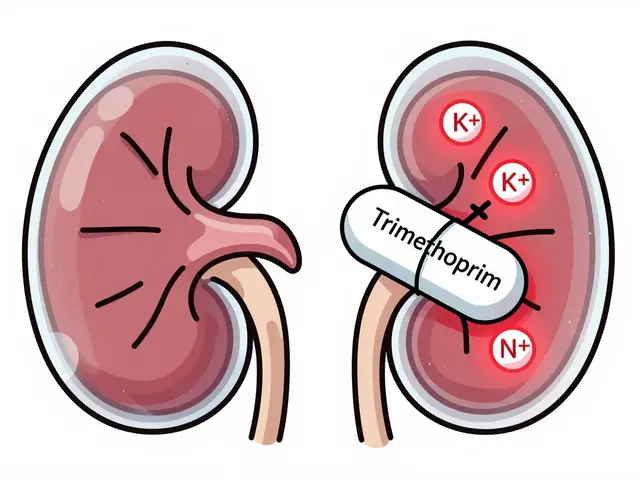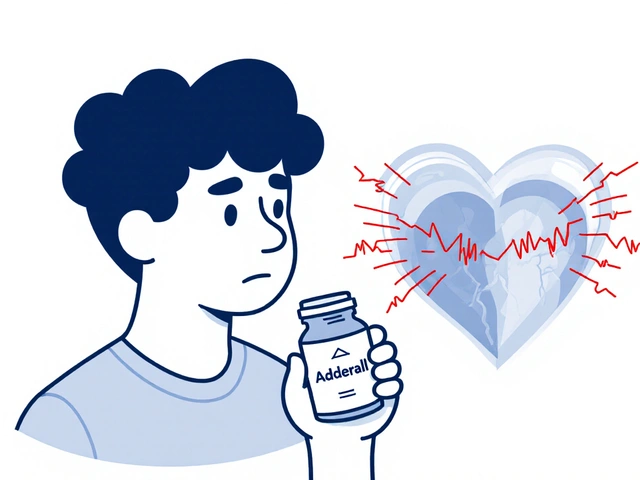GERD: Clear, Practical Steps to Feel Better Faster
Did you know about 20% of adults have weekly acid reflux? If you often get a burning feeling behind the breastbone, regurgitate sour liquid, or wake up choking at night, GERD could be the cause. This page gives straightforward info you can use today—how to spot it, what helps at home, and when to get medical care.
GERD happens when stomach acid comes back up into the esophagus. That lining isn't built to handle acid, so repeated exposure causes heartburn, a bitter taste, cough, hoarseness, or a lump-in-throat feeling. Occasional reflux after a big meal is common. But when it’s regular, starts waking you, or requires daily antacids, you should act—long-term reflux can lead to inflammation or scarring.
Practical steps that cut reflux fast
Small changes add up. Start with meal size: eat smaller portions more often and avoid late-night meals—stop eating two to three hours before bed. Raise your bed head by 6–8 inches; gravity helps keep acid down. Lose just 5–10% of body weight if you're overweight—many people see big drops in symptoms.
Watch triggers. Common culprits include coffee, chocolate, peppermint, fatty or fried foods, spicy dishes, tomato sauce, and alcohol. Keep a quick food diary for a week: note what you ate and when reflux showed up. That makes it easy to spot patterns. Quit smoking if you can—smoking weakens the valve at the bottom of the esophagus.
Over-the-counter options work well for many: antacids (fast relief), H2 blockers like famotidine (longer relief), and proton pump inhibitors (PPIs) such as omeprazole for persistent symptoms. Use the lowest effective dose and talk to a clinician if you need meds longer than a few weeks. If you’re pregnant or take other drugs, check before starting acid-suppressing meds.
When to see a doctor and what comes next
Get checked if you have trouble swallowing, lose weight without trying, vomit repeatedly, or see black stools. Your doctor may suggest an endoscopy to look at the esophagus, a 24-hour pH test to measure acid, or manometry to check muscle movement. Tests guide whether lifestyle tweaks, meds, or procedures like fundoplication will help most.
Living with GERD means paying attention and adjusting. Many people feel much better by changing diet, timing of meals, sleep position, and managing weight. Keep notes, ask questions during visits, and expect step-by-step fixes rather than a single magic cure. Small, consistent changes often make the biggest difference.

Explore how to blend herbs and medications for effective GERD relief. We break down the science behind melatonin, DGL licorice, and other supplements, showing you practical steps and useful facts to manage reflux. Get clear evidence, relatable tips, and even a link to Nexium alternatives. If you’re tired of the endless cycle of heartburn, here’s a hands-on guide for real results.






